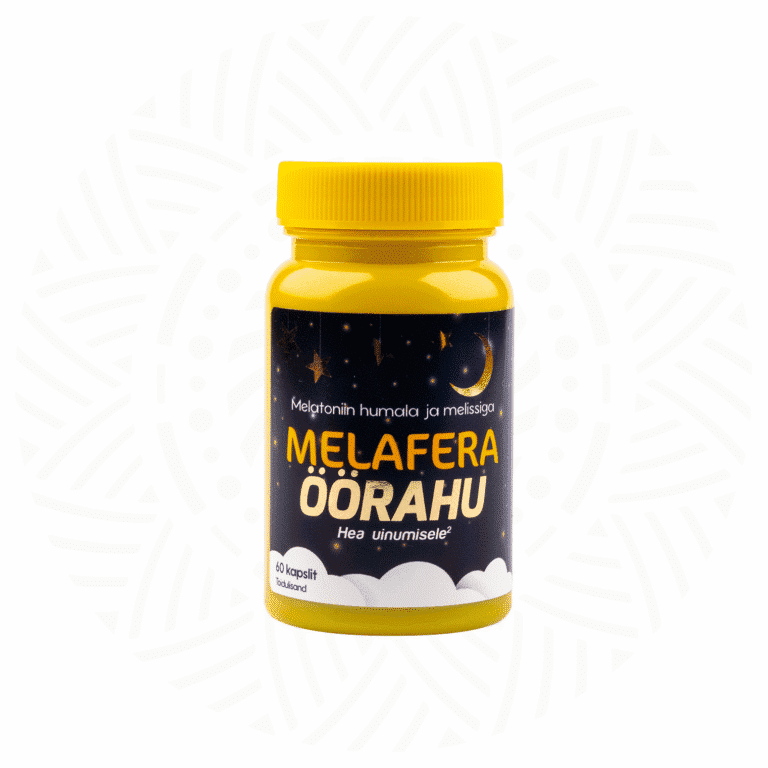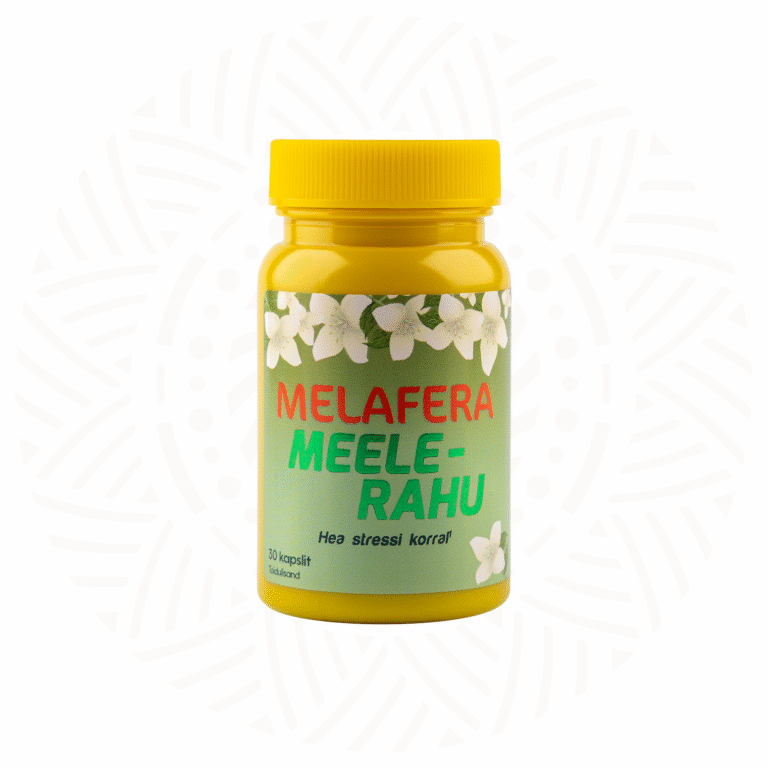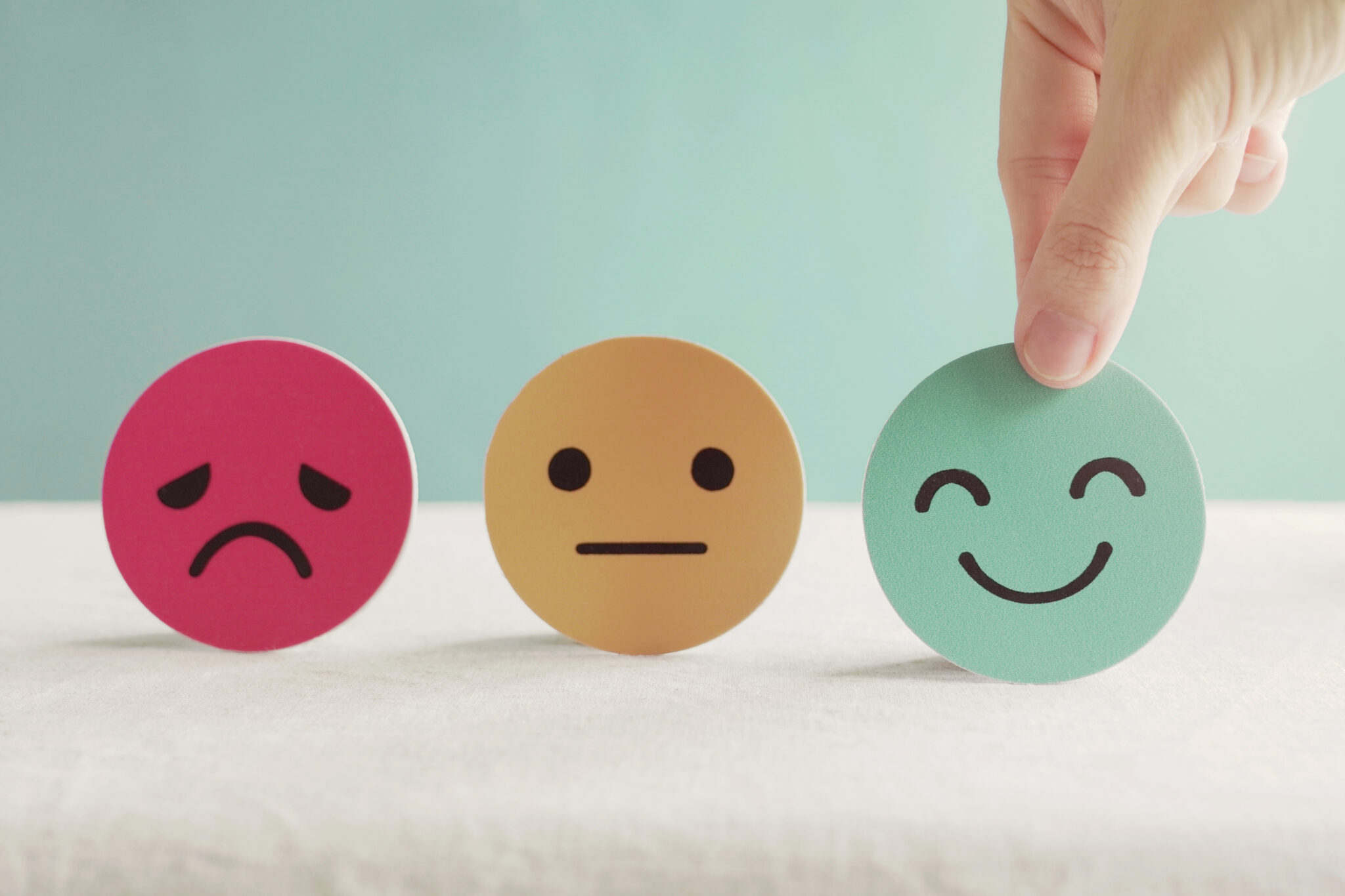Anxiety is worry and unease. It is normal to experience anxiety occasionally in response to frightening or stressful situations. Who among us hasn’t had anxious thoughts? The problem arises when anxiety becomes a part of our daily life.
If the feeling of anxiety is persistent, it can become one of the main causes of sleep disorders. Excessive worry and fear make it difficult to fall asleep, and sleep deprivation, in turn, can exacerbate anxiety – creating a vicious cycle. It is known that sleep deprivation primarily affects mood and emotional health, but long-term sleep deprivation can lead to severe health problems such as diabetes, obesity, and heart disease.
People who are plagued by worry often think about their worries when they are in bed at night, which prevents them from falling asleep. Scientists have found that people prone to anxiety are especially sensitive to the effects of inadequate sleep, which can trigger anxiety symptoms. This, in turn, leads to fragmented sleep, reducing both the quantity and quality of sleep. Experts believe that due to the multifaceted relationship between anxiety and sleep, better nighttime rest can help fight anxiety.
How to overcome anxiety and get proper rest?
Although anxiety’s impact on sleep can be significant, managing it is entirely possible. Healthy sleep hygiene and natural remedies can make going to sleep a more pleasant experience.
10 tips for a calm sleep
• Go to bed and wake up at the same time every day.
• Do not use the bedroom for purposes other than sleeping.
• Do not nap more than 30 minutes during the day.
• Be physically active; a walk in fresh air promotes sleep.
• Regularly clean and ventilate the bedroom, and change bed linen.
• Do not use the bedroom for serious conversations or discussions.
• Avoid smoking, alcohol, coffee, strong tea, chocolate, and strenuous physical activity 4 hours before bedtime.
• Avoid using the computer 1 hour before bed. Also, remove the television from the bedroom and, if possible, do not bring mobile devices into the bedroom.
• Avoid taking a bath above 38 degrees and eating greasy, fried, spicy, and very sweet food right before bed.
• Go to bed only when you feel sleepy. Before going to bed, turn off the lights and ensure silence.
Help can also be found on the pharmacy shelf
It’s important to know that melatonin alone is not helpful in treating anxiety, but a combination of melatonin with valerian and lemon balm can help alleviate anxiety and promote quick and calm sleep, creating a better foundation for a deep and relaxing night’s sleep.
The night is the most important part of the day – peaceful sleep and beautiful dreams!








